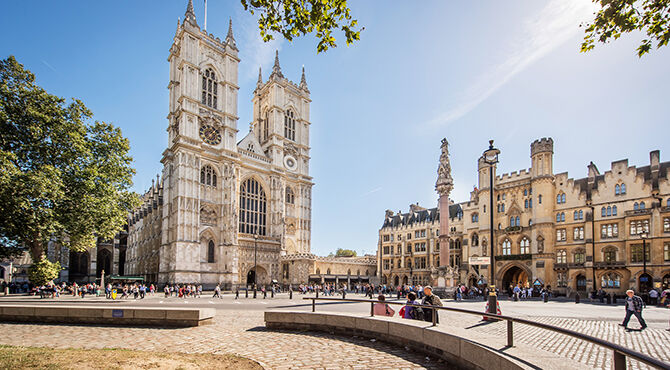UK budget: visa easing now, tax tightening later
Changes in the UK's points-based immigration system, which only came into effect at the beginning of January, have been unveiled by Chancellor of the Exchequer Rishi Sunak in his Budget speech on Wednesday.

 3 March 2021
3 March 2021Related:
- Chancellor launches visa scheme for highly skilled international talent
- Business unease over curate's egg budget
- Government review backs new fintech visas
- UK firms' hiring plans at year-long high
To encourage an investment-led recovery, the chancellor said that, from April, a new "super-deduction" would be in force for two years and would cut companies’ tax bills by 25p for every pound invested in new equipment.He also announced the creation of eight new English freeports to be based in East Midlands Airport, Felixstowe & Harwich, Humber, Liverpool City Region, Plymouth, Solent, Thames and Teesside.Additionally, in a bid to achieve the government's aim of 'levelling up' opportunities across the country, rather than being focused on London and SE England, he announced a Treasury 'campus' with 750 employees would be established in Darlington and a new green infrastructure bank, with initial funding of £12 billion, in Leeds.Also, the £375 million UK-wide ‘Future Fund: Breakthrough’ will invest in highly innovative companies - such as those working in life sciences, quantum computing, or clean tech - which are aiming to raise at least £20 million of funding.
Read more news and views from David Sapsted.
Subscribe to Relocate Extra, our monthly newsletter, to get all the latest international assignments and global mobility news.Relocate’s new Global Mobility Toolkit provides free information, practical advice and support for HR, global mobility managers and global teams operating overseas. Access hundreds of global services and suppliers in our Online Directory
Access hundreds of global services and suppliers in our Online Directory
©2026 Re:locate magazine, published by Profile Locations, Spray Hill, Hastings Road, Lamberhurst, Kent TN3 8JB. All rights reserved. This publication (or any part thereof) may not be reproduced in any form without the prior written permission of Profile Locations. Profile Locations accepts no liability for the accuracy of the contents or any opinions expressed herein.






























